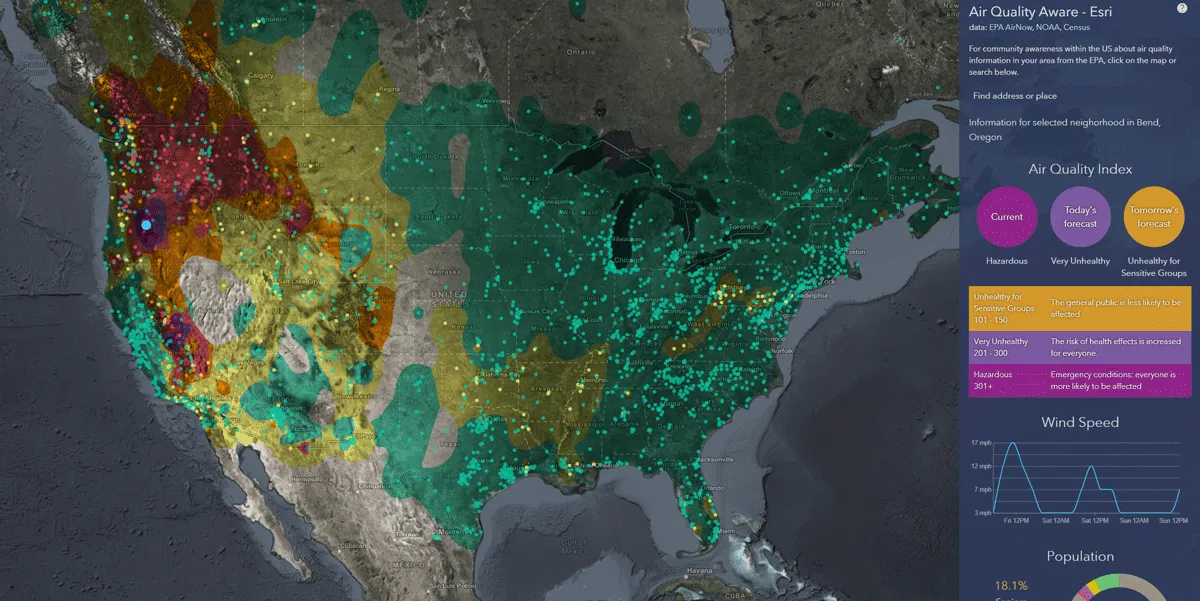According to the
London, UK and Tokyo, Japan are the only non-Australian/American cities to appear in the top 10 list.
By contrast, Germany, Europe’s largest economy, has relatively cheap parking. Germany’s most expensive city is Munich which comes in at number 90 globally with an average parking cost of USD $5.69.
While Sydney and New York still feature at the top of the list of most expensive cities for daily parking, the rest of the list is more balanced with major European cities also appearing high in the list. This is due to American and Australian parking “front-loading” most of the parking cost into the first few hours of the stay, hence the world’s highest two-hour parking rates, while drivers in other countries pay the same cost for every hour of their stay.
The world’s highest daily parking rate is being charged by a hotel in central Sydney at US$111 per day. With the rooms going for US$200 at the hotel, guests are paying more for their cars than their room per square foot.
A parking garage in New York charges $86 per day, making it America’s most expensive daily parking. The same garage charges US$2000 per month, making it the world’s most expensive monthly parking.
London, New York and Zurich have the world’s most expensive long-term parking.
Despite New York being the most expensive city to park in the world, the USA still has plenty of cheaper parking. The average USA monthly rate is US$133 which is just 20% of the monthly parking cost in New York.
In Europe, monthly parking in Germany costs US$108 which is US$1 cheaper than monthly parking in either Greece or Portugal.
Australian and US cities ‘most expensive for short term parking’
According to the Parkopedia 2017 Global Parking Index, New York, US, and Sydney, Australia, are the most expensive cities in the world to park for two hours with an average cost of US$30, while London tops the list of the most expensive cities for monthly parking charges.
May 22, 2017
Read time: 2 mins









